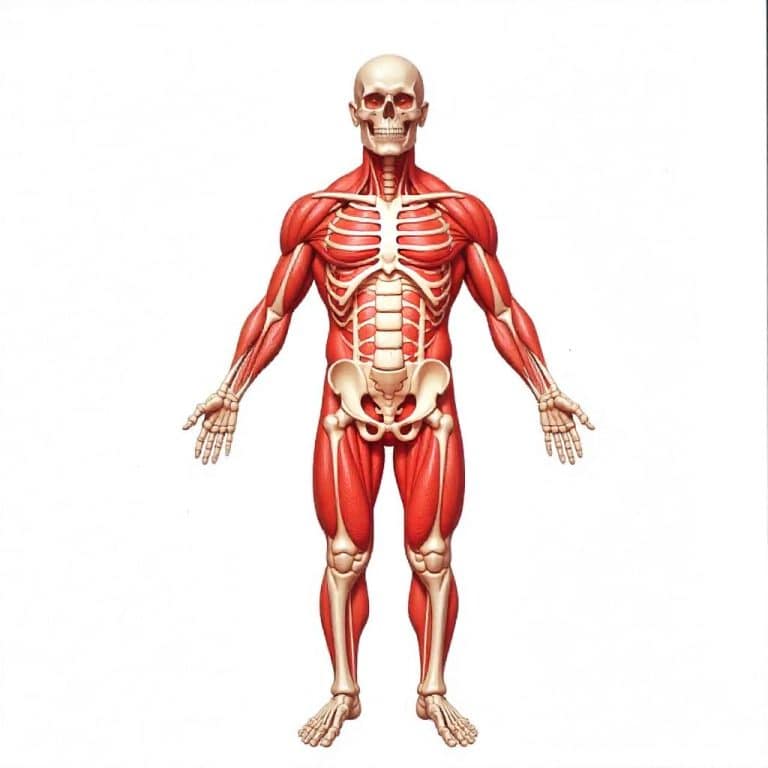Welcome to our online Bones and Muscles quiz! In this quiz, you will test your knowledge of the fascinating world of the human body’s skeletal and muscular systems. From the bones that give our bodies structure to the muscles that allow us to move, this quiz will challenge your understanding of how these vital systems work together.
Get ready to dive into the world of anatomy and physiology as you explore the different bones and muscles that make up the human body. Whether you’re a science enthusiast or just curious about how your body functions, this quiz will provide a fun and educational experience. So, let’s get started and see how much you know about Bones and Muscles!
Play Bones And Muscles Quiz
Instructions
- This quiz is multiple choice.
- Read each question carefully before selecting an answer.
- Choose the best answer for each question.
- You will see the missed questions with correct answers at the end of the quiz.
Quick Facts
- Our body’s framework is made up of hard structures that provide support and protection.
- These hard structures are connected by tissues that allow movement and flexibility.
- When we move, our body’s framework and tissues work together to help us walk, run, jump, and more.
- Our body’s framework is constantly changing and adapting to our daily activities.
- Our muscles attach to our body’s framework and help us move by contracting and relaxing.
- Having strong muscles can help prevent injuries and improve overall health.
- Our muscles work in pairs, with one muscle contracting while the other relaxes to create movement.
- Regular exercise can help strengthen our muscles and improve our overall physical fitness.
- Our body’s framework and muscles work together to help us perform everyday tasks and activities.
- It’s important to take care of our body’s framework and muscles through proper nutrition, exercise, and rest.
Downloads
Study Tips
- Create a study schedule and stick to it.
- Find a quiet and comfortable study environment.
- Remove distractions such as phones and social media.
- Take breaks every 25-30 minutes to avoid burnout.
- Use active studying techniques like summarizing, highlighting, and teaching concepts to someone else.
- Practice retrieval by testing yourself with flashcards or practice quizzes.
- Stay organized with notes, study guides, and resources.
- Stay hydrated and eat brain-boosting foods like fruits, nuts, and whole grains.
- Get enough sleep to improve memory retention and cognitive function.
- Reward yourself for reaching study goals to stay motivated.
